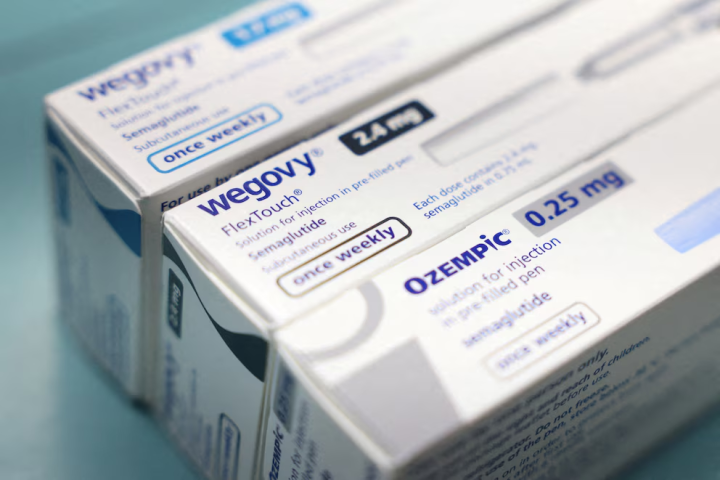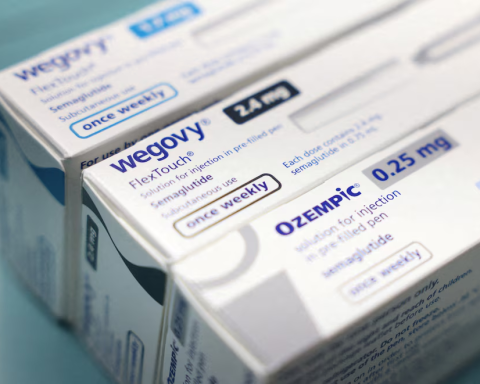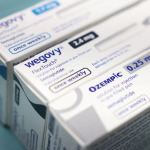The place of sparkling water in a balanced diet
Sparkling water has emerged as an alternative to sugary drinks: bubbly, calorie-free when not containing additives, and useful for those looking to vary their daily hydration. Recent science has positioned it, for healthy adults, as an effective option for maintaining fluid balance, provided it doesn't include sugars or sweeteners. However, it's not a panacea; it's important to understand its limits and when to moderate it.
Healthy Hydration: What It Does and Doesn't Do
The carbon dioxide incorporated into water gives it fizz but does not diminish its hydration capacity; comparative studies show similar hydration levels between still and carbonated water. Therefore, for most people, drinking sparkling water covers their fluid needs, and it can serve as a strategy for those who consume less water simply due to taste preferences. Even so, specialists recommend prioritizing still water as your primary source of daily hydration.
Digestive Effects: Who Should Moderate Their Consumption?
The gassy sensation can cause bloating or increased flatulence in people with sensitive digestive tracts or conditions such as irritable bowel syndrome or reflux. In these cases, reducing the frequency or amount of sparkling water consumed is often enough to prevent discomfort; each body responds differently, and personal observation is key. For those who do not experience these conditions, discomfort tends to be mild and temporary.
Mineral Composition: When the Label Matters
Not all sparkling waters are created equal: some contain appreciable levels of sodium, calcium, or magnesium, information indicated on the label's dry residue. Those with high blood pressure or kidney disease should choose low-sodium versions and, if unsure, consult their healthcare professional. For healthy individuals, minerals can even contribute to a healthy diet, although they generally do not replace a balanced diet.
Moderate Consumption: how much is recommended
Modern guidelines and scientific literature suggest that moderate consumption—one or two glasses daily, between 200 and 400 ml—is reasonable for healthy adults and can help control appetite due to its satiating effect. Beyond this range, the likelihood of digestive discomfort increases with no clear additional benefits. Furthermore, if the beverage contains flavors or added sugars, it is no longer a healthy alternative to plain water.
Healthy Hydration and Special Groups
For children and people with digestive problems, it's best to be more cautious; fizz can be uncomfortable, and for minors, it's not always the best way to ensure fluid intake. Pregnant women and people with chronic conditions should consult their doctor before making routine changes to their hydration regime. The general recommendation is to use sparkling water as a supplement, never as a sole substitute for plain water.
Digestive effects and side benefits
Some people report relief from mild dyspepsia or improved digestive comfort after consuming sparkling water, but these effects are individual and not universal. If the goal is to reduce sugary soft drinks, the additive-free version is a valid alternative that can help reduce calorie intake. However, the evidence does not yet establish a single safe threshold for the entire population; it is advisable to adjust consumption according to personal tolerance.






